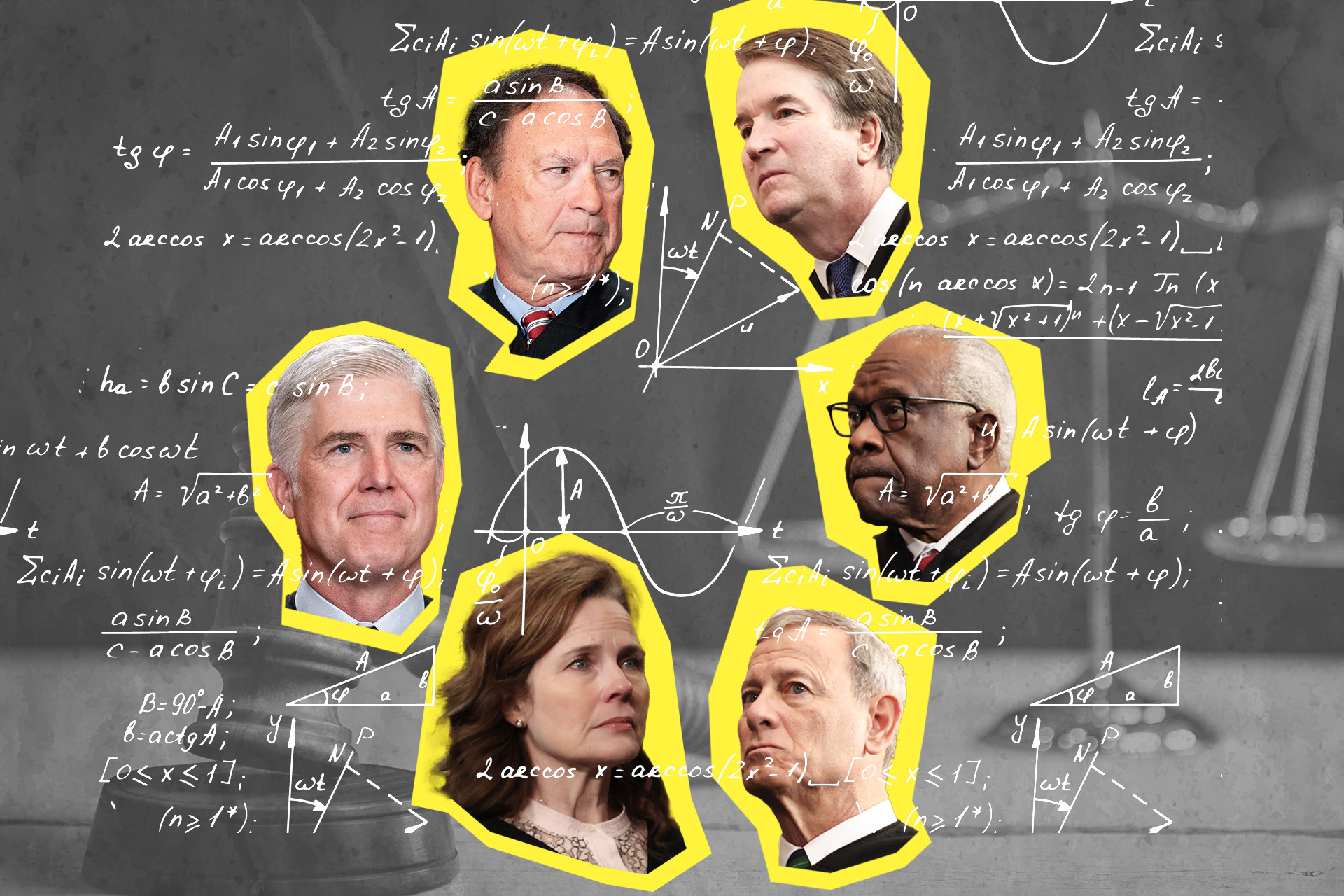Justice Ketanji Brown Jackson’s recent accusation that the Supreme Court operates with a set of arbitrary, ever-shifting rules favoring the Trump administration has ignited a firestorm of controversy. Her scathing critique, delivered in a dissenting opinion, alleges a pattern of decisions that consistently benefit the former president’s interests, regardless of legal precedent or established procedure. This unprecedented attack on the Court’s impartiality raises serious questions about the integrity of the judicial process and its role in upholding the rule of law.
A “Calvinball” Court?
Jackson’s pointed analogy to “Calvinball,” the whimsical, rule-less game from the
Calvin and Hobbes
comic strip, succinctly captures her argument. The August 21st ruling in question forced researchers, who allege their federal grants were illegally terminated by the Trump administration, to navigate a complex procedural hurdle involving two separate courts. Jackson’s dissent contends this decision is not an isolated incident, but rather symptomatic of a deeper issue: a biased approach to legal matters where the Trump administration consistently emerges victorious. The implication is that the Court’s decisions are less about applying established legal principles and more about achieving pre-ordained outcomes.
Unprecedented Public Criticism
While justices often disagree on rulings and issue dissenting opinions, Jackson’s criticism is unusually direct and pointed, surpassing the typical decorum of Supreme Court discourse. Her colleagues, even those who share her political leanings, typically refrain from directly accusing each other of bias or bad faith. This departure from established norms reflects the intensity of the accusations and the underlying concerns about the Court’s perceived partisanship. The use of such strong language itself becomes a significant news event, highlighting the escalating tensions within the Court and the broader political climate.
Implications for Public Trust
Jackson’s accusations, whether or not one agrees with their merit, represent a significant challenge to the public’s perception of the Supreme Court’s impartiality. The Court’s legitimacy rests on its perceived ability to act as a neutral arbiter of justice, free from political influence. Jackson’s dissent, therefore, raises critical questions about the Court’s ability to maintain that perception, particularly in an era marked by intense political polarization. The long-term implications could be profound, potentially eroding public trust in the institution and its ability to fairly adjudicate important legal cases. The ensuing debate will undoubtedly shape the ongoing conversation surrounding the Supreme Court’s role in American democracy.
CONCLUSION:
Justice Jackson’s explosive dissent has thrust the Supreme Court into the center of a highly charged political debate. Whether her accusations prove accurate remains to be seen, but the very fact that such accusations are being made at this level, using such strong language, signifies a major development with potentially far-reaching consequences for the institution and its standing in the eyes of the American public. The subsequent discussion will be crucial in determining the Court’s ability to navigate these turbulent waters and maintain its credibility.
Based on materials: Vox





